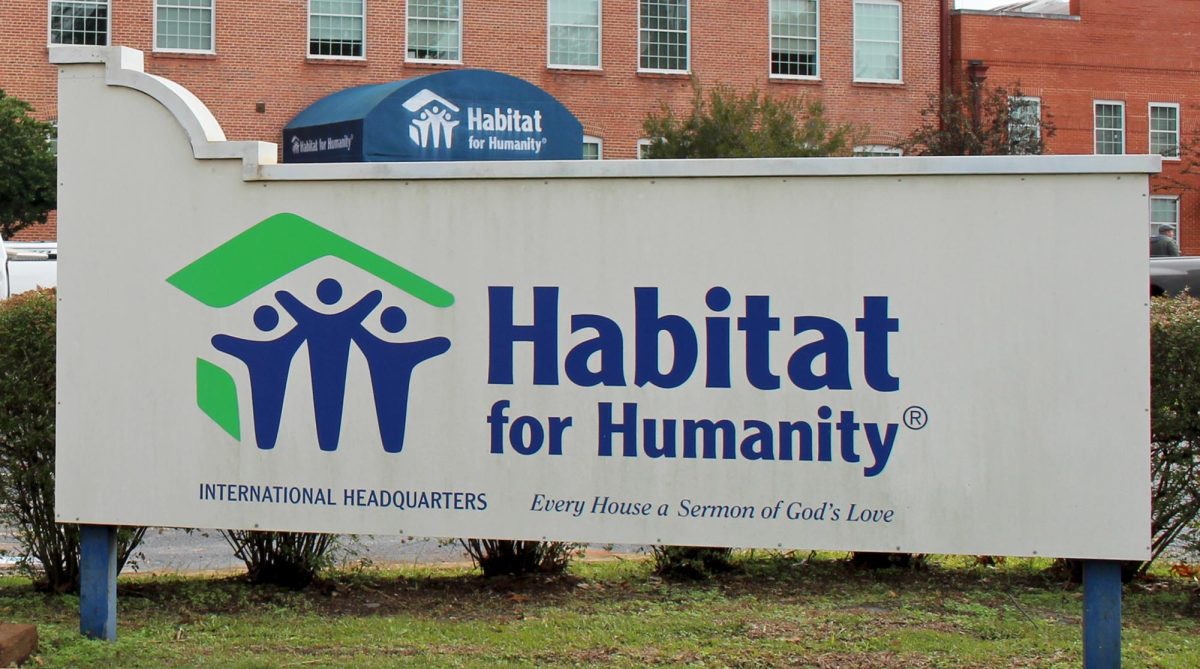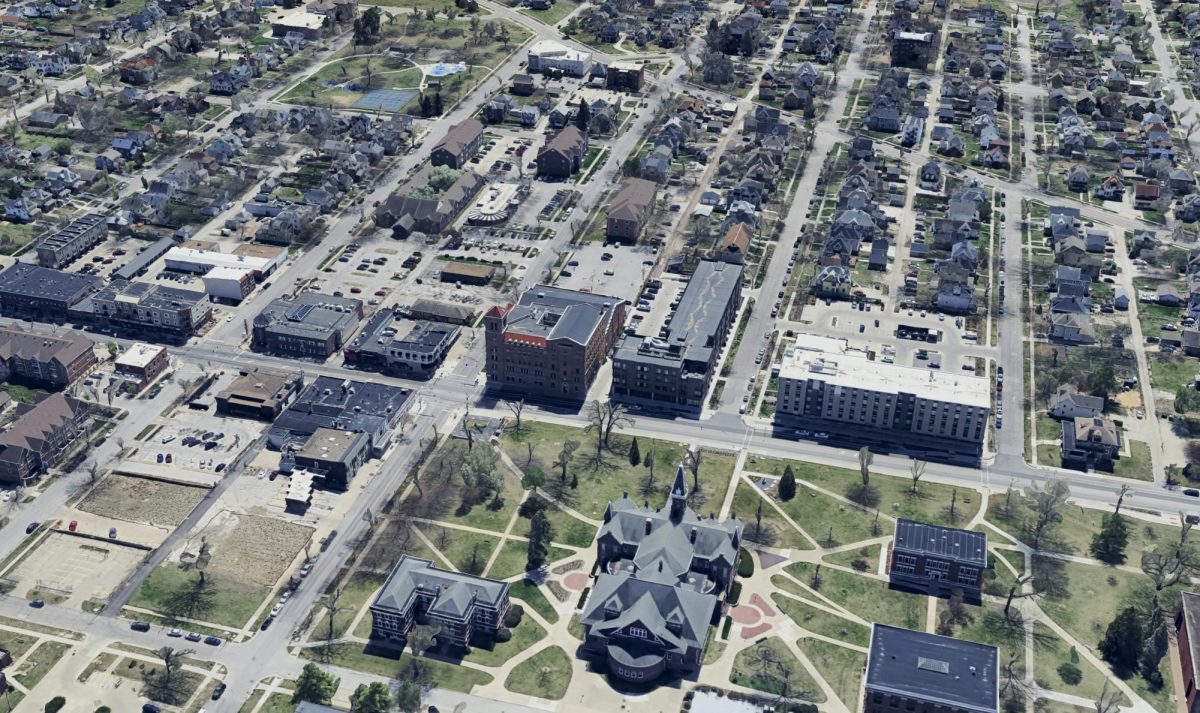Photos: Luke Nankivell
With the election drawing to a close Tuesday, anticipation for the end is rising among students. It is not about who will carry Iowa, a swing state, or who will emerge victorious, rather its about the approaching the end of political ads.
“I do not like political attack ads,” first-year Jeremy Fahling said.
The student body seems to echo his sentiments. They look forward to Election Day solely for the end of political advertising. This election, each candidate spent over 80 percent of their air-time on mudslinging, name-calling and policy-bashing.
Negative ads come in the form of TV commercials, emails and even sidebar and banner advertisements on websites.
Sophomore Lisa Beard feels that the prevalence of advertising on the Internet is the most annoying form of campaigning and criticized the massive funds spent on these types of advertisements.
“I feel that campaigns are spending too much money on advertising that they could be spending in other important areas,” Beard said.
 Students criticized how the ads attack the person and cite both parties as guilty.
Students criticized how the ads attack the person and cite both parties as guilty.
“Both sides’ ads are centered around making their opponent look bad,” said first-year Annie Stella. “Most of the ads you see are really personal, and it’s sad that that’s what our political system has come to.”
Ads that attack candidates have become so extensive that some wonder if it’s possible to return to a time where there was no dirty campaigning.
“I don’t like attack ads but I understand how elections go and know that sometimes they’re necessary to bring out the opposing sides weaker points,” said first-year Ben Verhasselt.
The point is valid — attack ads bring flaws in policy and rhetoric to the public arena. In today’s 24-hour news cycle, it’s hard to keep anything a secret, and ads from both sides bring to light inaccuracies that are important to voters. However, the way they portray these inaccuracies, with personal attacks and slanderous statements, remains highly unpopular with students.






